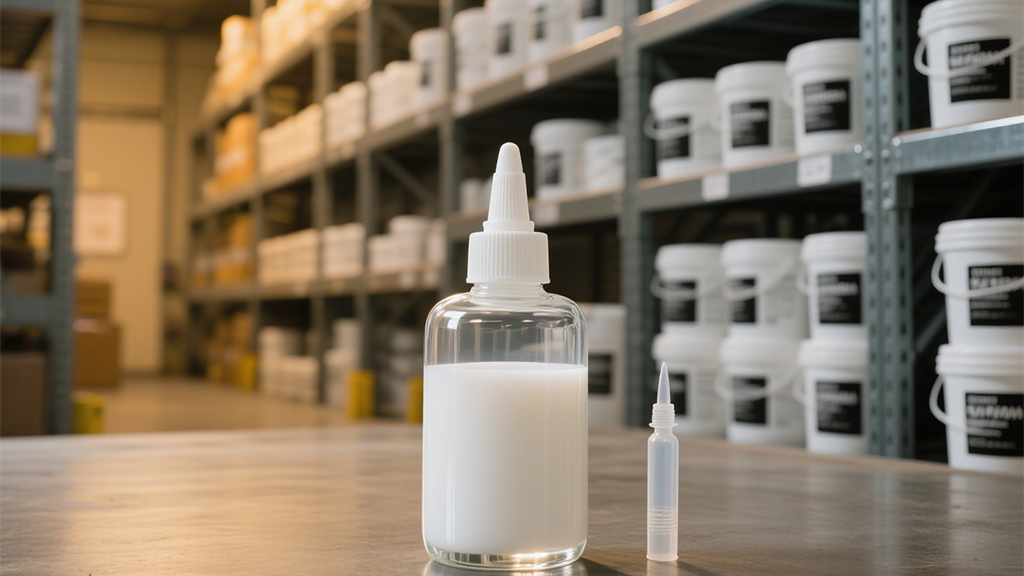수성 아크릴 압력감지 접착제(PSA) 산업 동향은 환경 규제, 기술 발전, 그리고 최종 사용자 수요의 변화에 힘입어 지속 가능성, 성능 향상, 적용 분야의 다양화로의 전환을 보이고 있습니다. 주요 동향 중 하나는 EPA 및 REACH 등의 보다 엄격한 규제로 인해 용제 배출이 제한되면서 제조업체들이 용제형 제품에 필적하는 성능을 갖춘 수성 PSA 개발로 방향을 전환함에 따라 저휘발성유기화합물(VOC) 및 제로-VOC 제형으로의 전환입니다. 여기에는 포장재 및 소비자 제품 분야의 친환경 브랜드의 니즈에 부응하기 위해 식물 유래 아크릴과 같은 생분해성 모노머를 사용하여 탄소 발자국을 줄이는 노력이 포함됩니다. 성능 혁신 또한 주요 관심사로, 가교 기술 및 모노머 블렌딩 기술의 발전을 통해 내열성을 향상시켜 자동차 엔진룸 내 적용이 가능해졌으며, 냉동식품 포장에 적합한 내한성, 그리고 투명 라벨 및 의료용 테이프에 필수적인 항황변성(anti-yellowing) 특성 또한 개선되고 있습니다. 스마트 접착제의 등장도 주목할 만한데, 이는 재위치 기능(repositionability, 제거 가능한 라벨)을 위한 기능성 첨가제, 항균성을 갖춘 의료용 응용 분야, 또는 온도 반응성(예: 열 활성화 접합) 등의 기능을 포함합니다. 적용 분야의 확대는 전자기기 조립, 보호필름, 자동차 내장재 및 배선 하네스, 그리고 태양광 패널 설치 등 재생에너지 분야로까지 이어지고 있으며, 이는 민감한 기재와의 호환성 및 낮은 독성 덕분입니다. 제조 동향으로는 완전 자동화된 생산 라인과 디지털 모니터링 시스템 도입을 통해 일관성 향상과 폐기물 감소를 추구하고 있으며, E Plus Chemical Co., Ltd.와 같은 OEM 서비스는 특수 응용 분야에 맞춘 맞춤형 제형 개발을 가능하게 하고 있습니다. 또한 산업 전반에서는 포장재의 지속 가능성 목표에 부합하기 위해 재활용 가능하거나 생분해성인 수성 아크릴 PSA 개발을 통해 순환 경제 실천에 주력하고 있습니다. 이러한 다양한 동향들은 수성 아크릴 PSA 산업을 보다 다용도적이고 지속 가능하며 현대 제조업 전반에 필수적인 존재로 다시 태어나게 하고 있습니다.
